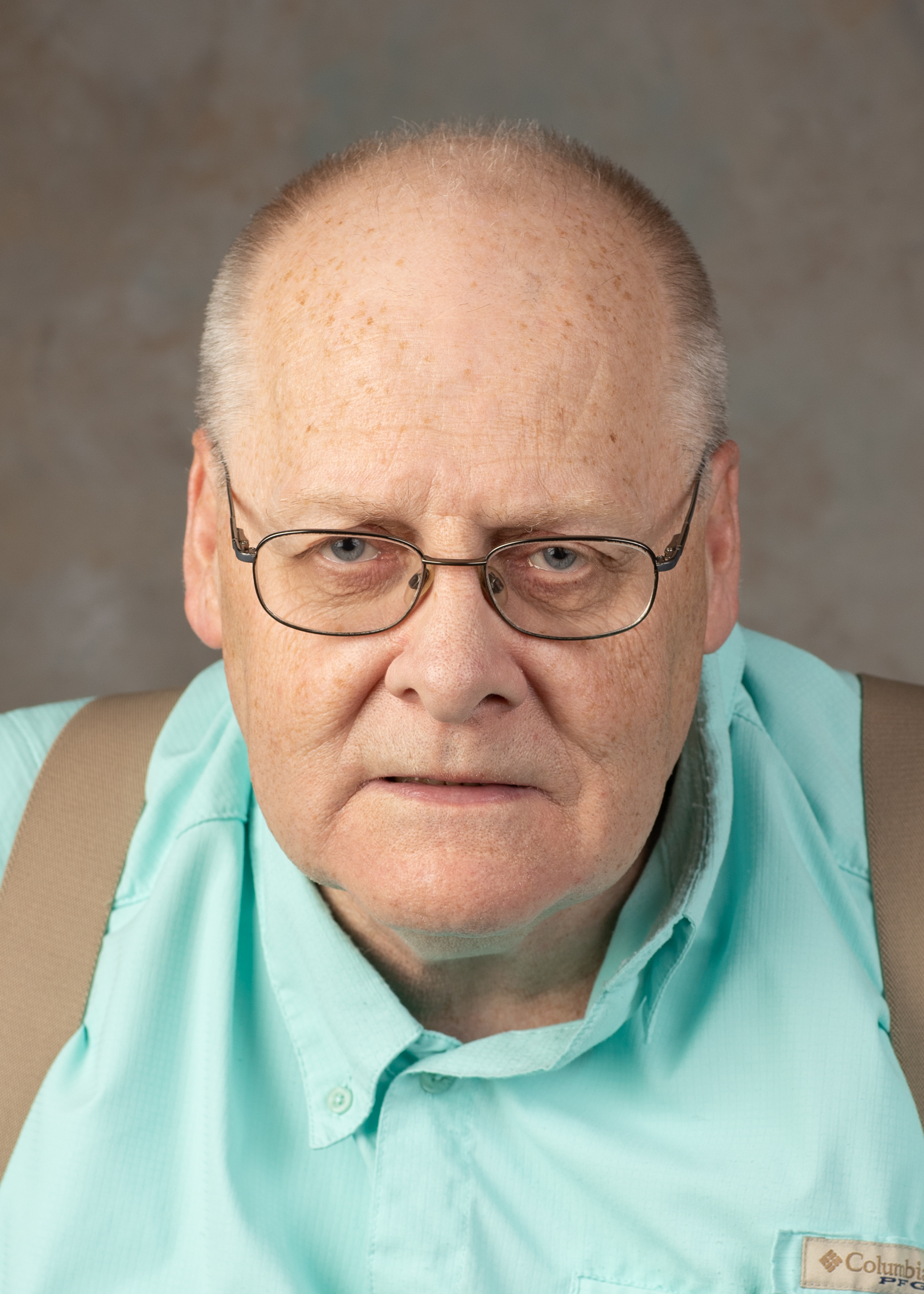By Greg Markley
In my journalism career, I have been fortunate to write about two citizen’s police academies. One was in Albany, Georgia, where I attended a CPA class in 2000. In 1999, I graduated from a similar class in Auburn. Enrollment is now underway for such a class in Opelika. I recommend it highly and expect that from this piece you will understand the education and great fun you can have there.
We were in a routine class, then all of a sudden, a man in a mask rushed up to the instructor and grabbed his wallet. Then the thief left; all this was done in 10 seconds. The instructor asked us to describe the criminal. Classmates varied on what they saw — the man was in a blue track suit, or was it green or even yellow; he was wearing jeans or was it sweat pants, did he carry a gun or knife? I couldn’t stop from saying, “who was that masked man?”
Then, the man who acted as the thief came back and gave the instructor his wallet. We were all ashamed that only two sharp students got the details right. (Probably they were future law enforcement officers!) This “incident” taught students how difficult it is to describe an assailant, especially under duress. But that is a prime skill required of officers, almost every day.
And they get the details correct a high chunk of the time.
Applicants for OPD’s next academy can contact Lieutenant Ben Blackburn at OPDjobs@opelika-al.gov to request an application. Please include “CPA” in the email subject line. Applications will be accepted until 5 p.m. on March 9. For more information, call Blackburn at 334-705-5258. Among topics are: “Patrol Procedures,” “Canine,” “Traffic,” “SWAT” and Firearms Training.”
When I attended the CPA 21 years ago in Auburn, we used the department’s computer simulator. It featured scenarios police men and women regularly face. When I was using the simulator, I thought I saw a criminal carrying a bomb so I shot him. Unfortunately, it was a mother and her daughter who I “killed.” The instructor and my classmates decided maybe I am better at shooting the breeze than popping people, either real or imagined.
Why do departments organize and operate Citizen’s Police Academies? The first justification is that it is likely to reduce crime as graduates tell their relatives and friends that the police are not their enemy. The second reason academies exist is to show the challenges police have as they pursue justice.
Based on my experiences with the Albany (Georgia) and Auburn police departments, two things do not motivate police to open academies. One is propaganda: I see no tendency to hide past issues, or to skip controversies they had. Second, the academies are not usually about cops’ “war stories,” except perhaps if asked about that by class members.
“When I was young and we got caught pinching apples, we got a smack from the local policeman,” said Simon Cowell, a judge on America’s Got Talent. “Today if that happened he would be sued. There is a tendency to punish the victim, not the criminal. If someone broke into my house or my mum’s house, I worry that the burglar has more rights than me.”
The idea for a Citizen’s Police Academy started in 1977 in Cowell’s birthplace, England. Citizens signed up for a night-time police school; they desired to learn about police functions, police operations, and the organization of the police system in England. There was an immediate good response from the public. Academy leaders were soon overwhelmed with applicants wanting to know about their own police department. Due to the wide success, the project became a permanent fixture of an ongoing police public relations program.
This concept was first adopted in the United States by the Orlando, Florida police department, in 1985. Its success was astounding, and a new law enforcement tool hit the scene. Word spread and led to Citizen’s Police Academes in many, many U.S. communities no matter the size.
When I lived in Panama in 1988 and 1989, the concept of a once-a-year baseball season was unheard of. The weather was usually great, though in rainy season we were pounded.
During the two or three baseball seasons I was there, a team called “The Cop Shop” hadmixed success. Calling the team “Cop Shop” was unpopular with some military police.
Most uniformed cops liked the term, and the team. Now, 30-plus years later in Opelika, there are diligent and careful police, or “Cops.” They will open their station doors gladly to show what their jobs are really like. I urge you to take advantage of the Citizen’s Police Academy by signing up today.
Greg Markley has lived in Lee County for 18 of the last 23 years. An award-winning journalist, he has master’s degress in education and history. He has taught as an adjunct in Georgia and Alabama.

